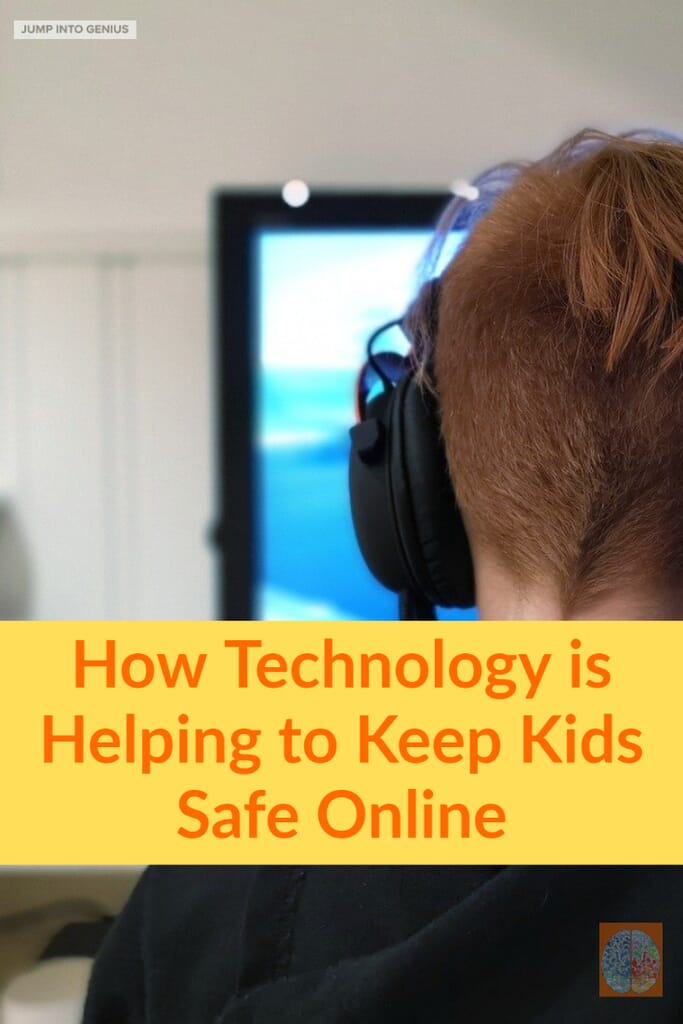The introduction of digital technology has exposed children to new threats. From cyberbullies to online predators, there are many dangers that children face when using the internet. Fortunately, technology is combating this. Below are a few ways in which technology is helping to keep kids safe online.
Parental controls
Many devices and browsers now have parental controls that can allow parents to control what their kids see and do online. This can be an effective way of protecting young kids from harmful content.
It’s worth making sure that these parental controls are set on any devices that your kids use.
Monitoring software
Software exists that can be used to track and monitor children’s activity. This could be a way for parents to keep an eye on what their children are doing online.
It can have particular benefits in the education sector. The likes of these LanSchool software features for teaching via laptop can help teachers to monitor students. Not only does this allow teachers to check that kids are completing the necessary school work, but it can also be used to check that kids aren’t exposing themselves to other content. In fact, some of this software can filter out harmful content and potentially flag up instances of cyberbullying among classmates.
Social media filters
Social media sites often have age limits in place to ensure that very young kids aren’t using them. However, many of these sites have been bringing in additional filters to help remove harmful content and block users who engage in harmful activity.
There are even option ways to block content containing trigger words. This could be useful for kids that are triggered by certain words.
Can we rely on technology alone?
Technology alone cannot keep kids safe. Parental controls can keep younger kids safe, but older kids may know how to get around parental controls and filters. On top of this, some cyberbullies and online predators may still find ways to get around technology.
For this reason, other measures should be taken. This could include not allowing young kids to use digital devices at night or with a door closed so that you can still see what they are doing.
Establishing trust with kids is important too - you don’t want to be monitoring your kids too much as they get older as they could find it intrusive. Try to encourage kids to be open about their online activity and be reassuring. This may encourage kids to tell you if a stranger online has tried talking to them or if they’re being cyberbullied.
It’s also important to educate your kids on the threats that are out there. Once your kids have their own bank card, tell them about the dangers of phishing and how you should never give out bank details online via email. When it comes to social media, inform kids of the dangers of accepting friend requests from people they don’t know (these could be online predators in disguise or criminals looking for you to leak information). If kids understand the dangers of doing something, they may be less likely to take the risk.

